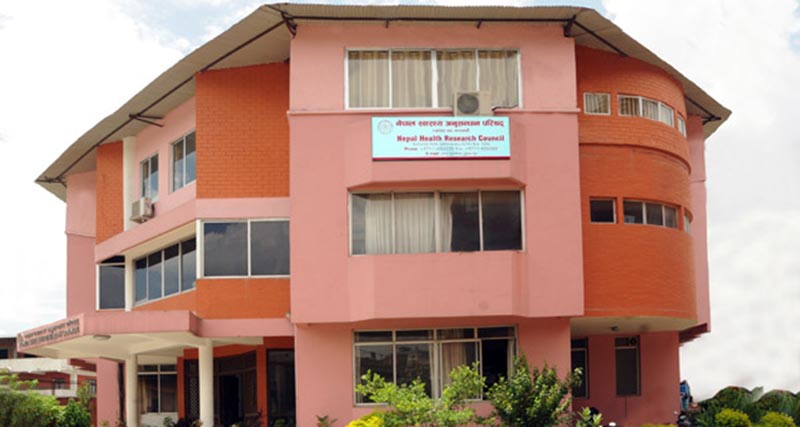Sickle cell anaemia seen in communities other than Tharu
Kathmandu, September 5
Sickle cell anaemia, a genetic disease caused by mutation of red blood cells mostly seen in the people of Tharu community in Nepal, has been seen in people from other communities also.
According to Shristi Priyadarshinee, research officer at Nepal Health Research Council, there is a misconception among people that sickle cell anaemia is seen only in Tharu community. She said sickle cell anaemia was very common in the Tharu community but prevalent in other communities also. As per the study conducted by the Institute of Medicine in 2012, the prevalence of sickle cell anaemia among Tharu community is 80 to 90 per cent. The prevalence rate of SCA in other communities is two to four per cent.
“SCA these days is not only limited to western Tarai but also in eastern Tarai. Recently at Bir hospital, people from other castes were diagnosed with sickle cell anaemia,” she said, adding, “Nepal Health Research Council is conducting a research on SCA among Tharu community, but the research should include other communities living in he Tarai.”
The reason behind SCA being common in the Tharu community is malaria. “Only in some individuals, malaria episodes progress to severe life-threatening disease, while in the majority the episodes are self-limiting.”
Haemoglobin forms into stiff rods within the red blood cells that take the shape of a sickle. These sickle-shaped cells do not last more than 20 days. Formation of sickle cell in the body obstructs the process of forming new cells which result in anaemia.
“The sickle cell gene is caused by a single amino acid mutation in the beta chain of the haemoglobin gene. Inheritance of this mutated gene from both parents leads to sickle cell disease and people with this disease have shorter life expectancy, informed Priyadarshinee.
On the contrary, individuals who are carriers for the sickle cell disease (with one sickle gene and a normal haemoglobin gene, also known as sickle cell trait) have some protective advantage against malaria.






